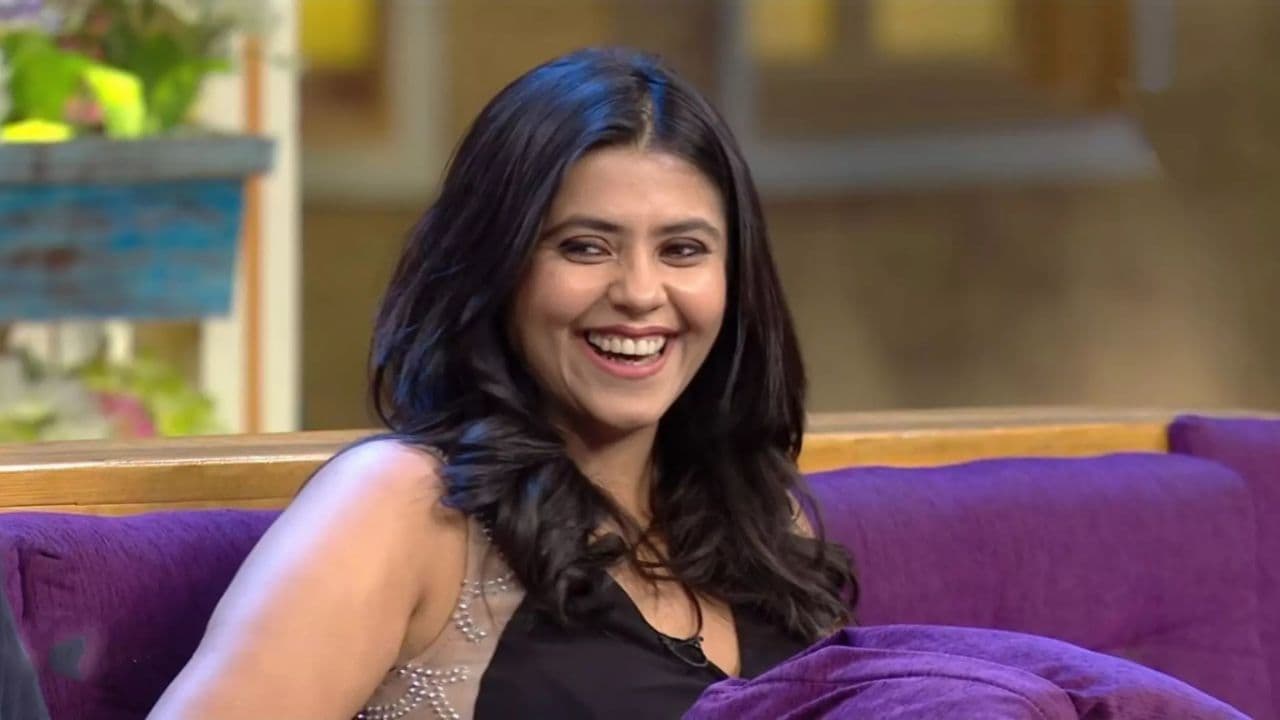Ekta Kapoor, the queen of Indian TV, shared insights on the evolving entertainment industry, praising women leaders, addressing censorship and rising costs, and discussing the future of television amid digital disruption at the Mumbai Conclave.
Television and film producer Ekta Kapoor, often hailed as the queen of Indian TV, shared her insights on the evolving entertainment industry at the India Today Mumbai Conclave. Known for iconic shows like Kyunki Saas Bhi Kabhi Bahu Thi and Naagin and bold ventures in cinema and OTT platforms, Ekta discussed the challenges, inspirations, and trends shaping films and television today.
Celebrating Women Who Shape the Industry
When asked about influential women in entertainment, Ekta immediately named Guneet Monga, Rhea Kapoor, Zoya Akhtar, Deepika Padukone, and Kareena Kapoor Khan. She praised their creative leadership and highlighted her collaborations, including the National Award-winning film Kathal, co-produced with Guneet Monga. She also worked with Rhea Kapoor and Kareena Kapoor Khan on projects like Crew and The Buckingham Murders. Though she hasn’t yet collaborated with Zoya Akhtar or Deepika Padukone, Ekta stressed the vital role women play in driving creativity across the industry.
On Censorship and Rising Industry Costs
Addressing film regulation, Ekta called the censor board a “much-needed trouble” while criticizing the escalating expenses of entourages, which she believes are “killing the movies.” She clarified that the issue isn’t competition between TV and films but rather the costly entourage culture affecting both mediums. On reality shows, she said they remain “very entertaining,” contrasting that with actor tantrums, which she finds “very not entertaining.”
The Future of Television and Digital Platforms
Ekta noted that while urban audiences are gradually shifting to digital platforms, traditional television isn’t under threat from OTT or films. She mentioned that the fierce race for TRPs now feels like a thing of the past. Joking about her own life being adapted into a TV series, she referenced Kasautii Zindagii Kay and said iconic characters like Parvati and Tulsi symbolize women “adjusting each other’s crowns,” rather than competing.
